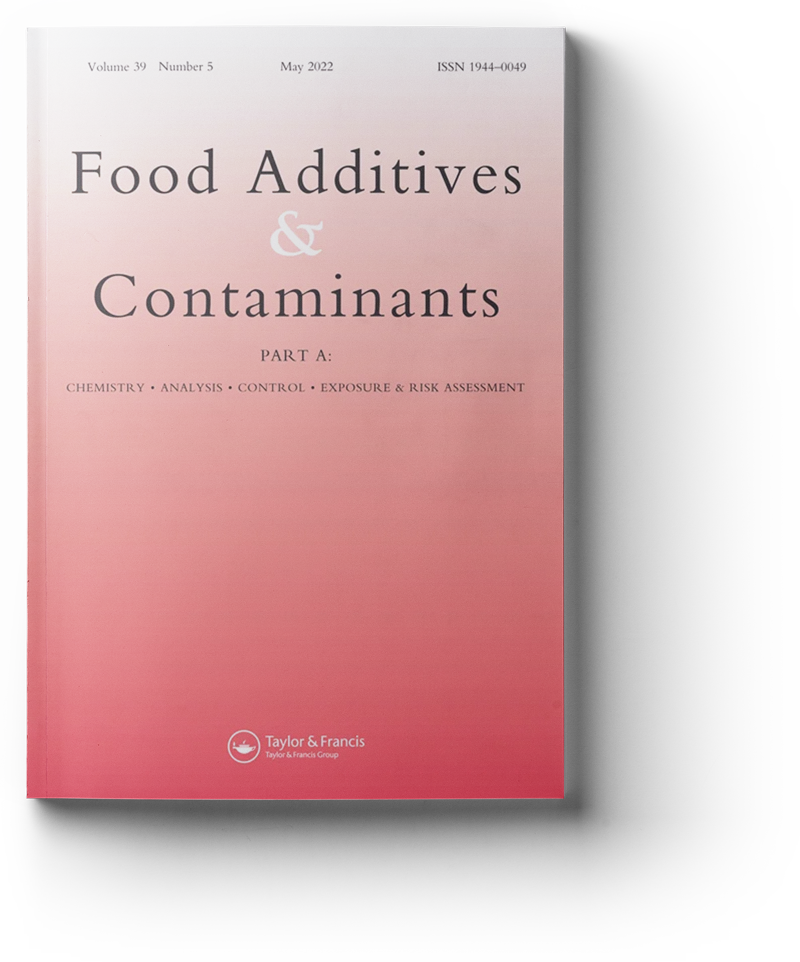Background:
The feasibility of using a retailer fidelity card scheme to estimate food additive intake was investigated in an earlier study. Fidelity card survey information was combined with information provided by the retailer on levels of the food colour Sunset Yellow (E110) in the foods to estimate a daily exposure to the additive in the Swiss population. As with any dietary exposure method the fidelity card scheme is subject to uncertainties and in this paper the impact of uncertainties associated with input variables including the amounts of food purchased, the levels of E110 in food, the proportion of food purchased at the retailer, the rate of fidelity card usage, the proportion of foods consumed outside of the home and bodyweights and with systematic uncertainties was assessed using a qualitative, deterministic and probabilistic approach. An analysis of the sensitivity of the results to each of the probabilistic inputs was also undertaken. The analysis identified the key factors responsible for uncertainty within the model and demonstrated how the application of some simple probabilistic approaches can be used quantitatively to assess uncertainty.
